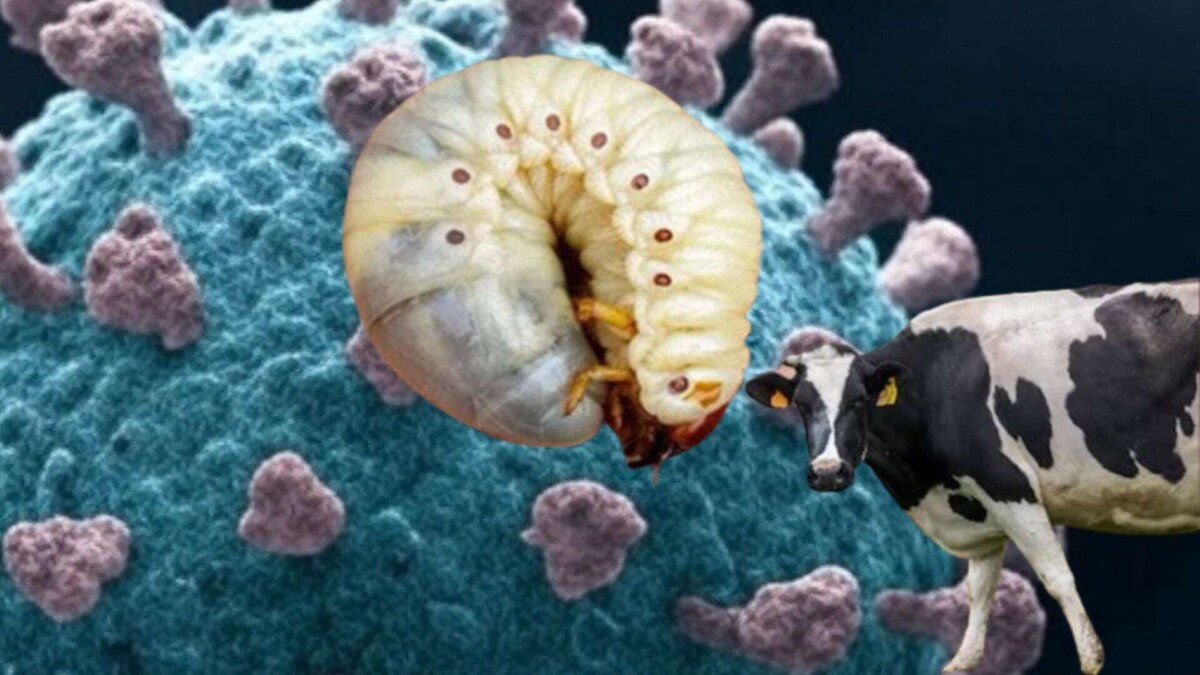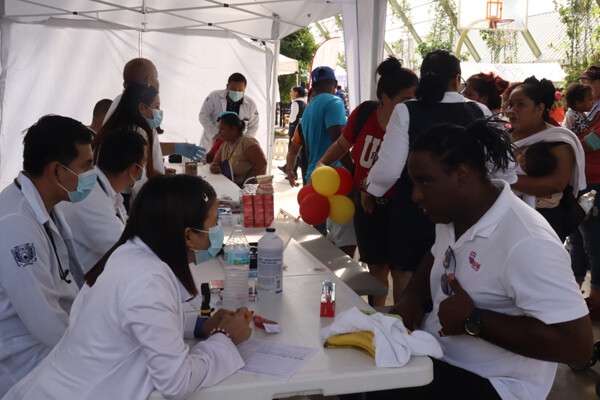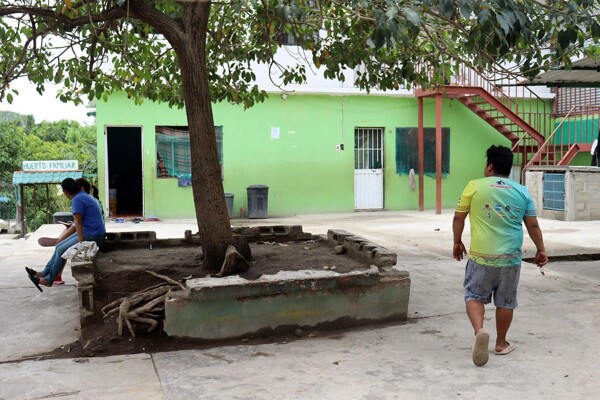
A case of myiasis caused by Cochliomyia hominivorax was confirmed in a 77-year-old woman residing in the municipality of Acacoyagua in Chiapas, Mexico. The patient was transferred to the High Specialty Hospital Ciudad Salud in Tapachula, where she is stable and receiving treatment with antibiotics.
Myiasis by Cochliomyia hominivorax occurs when the larvae of the parasite feed on living tissue, which can result in severe injuries if not treated in time. Although this condition is more common in production animals, transmission to humans can occur under specific conditions, mainly in rural and tropical areas.
Following the detection of the case, the State Health Services in Chiapas conducted an investigation to determine the origin and possible dispersion of the parasite. Additionally, animals in the area are being monitored to identify possible sources of the parasite in livestock. Health authorities urge residents to be alert for symptoms such as wounds that do not heal or show movement of larvae and to seek health services immediately if there are suspicions.
Preventive measures include training personnel in epidemiological surveillance and myiasis control, with the participation of the National Service of Health, Safety, and Quality Agro-Food. Additionally, health promotion activities, active surveillance, and control have been initiated in the affected community by the epidemiological brigade of the health jurisdiction of Tapachula.
Authorities from the ministries of Health and Agriculture have taken actions to prevent new cases and recommend reinforcing personal hygiene measures and animal handling in the region. So far, no other human cases related to this myiasis have been reported in Mexico.













